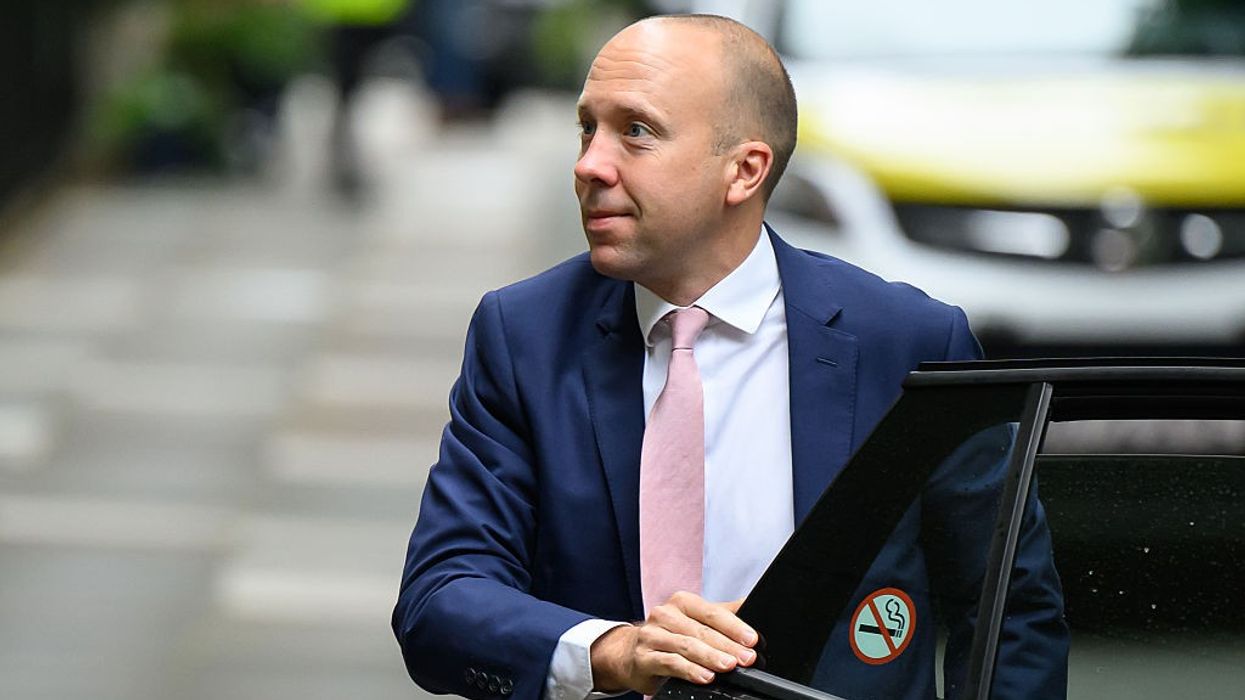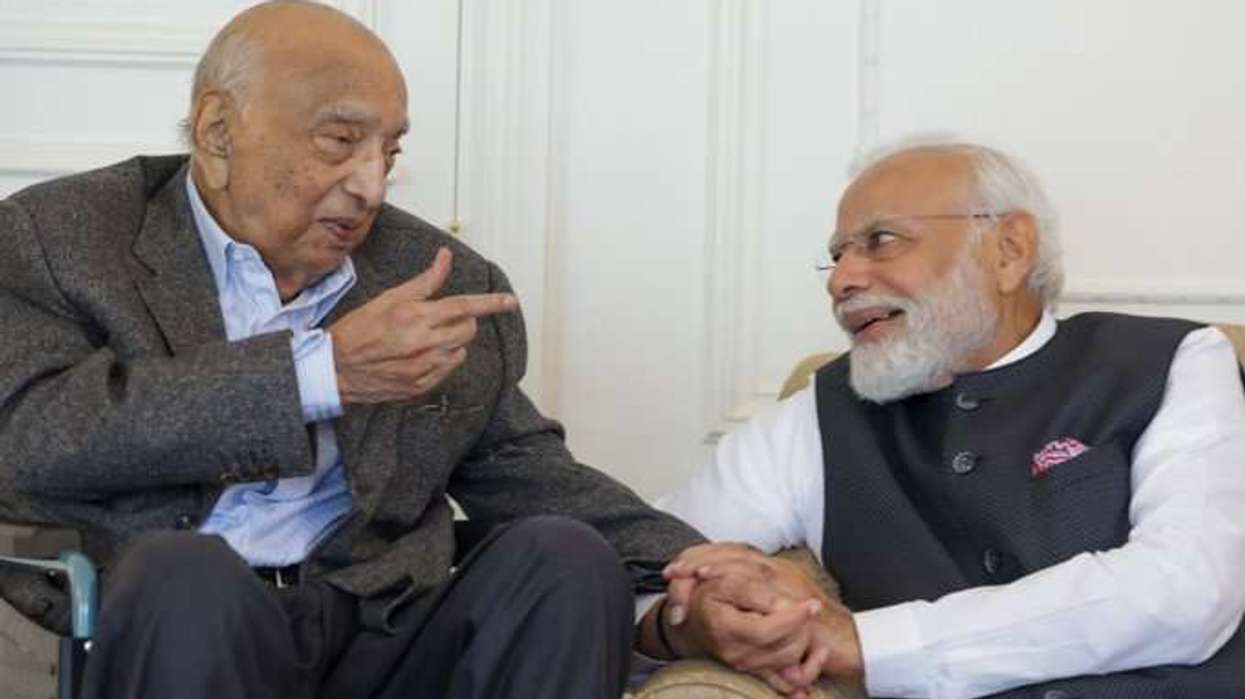BEREAVED families have condemned former health secretary Matt Hancock as "insulting" and "full of excuses" after he defended the controversial policy of moving untested hospital patients into care homes during the early days of the Covid pandemic.
Speaking at the Covid-19 inquiry on Wednesday (2), Hancock described the decision to discharge patients into care homes as "the least-worst decision" available at the time, despite the devastating death toll that followed.
Nicola Brook, a solicitor representing more than 7,000 families from Covid Bereaved Families for Justice UK, said Hancock's claims were "an insult to the memory of each and every person who died."
A spokesperson for the bereaved families group said: "We've waited years for this moment, hoping for truth. What we got was finger-pointing and evasion. Our loved ones were left to die without PPE, without testing or protection. Other countries protected their care homes. Ours were abandoned."
When the pandemic struck in early 2020, hospital patients were rapidly moved into care homes to free up beds and prevent the NHS from becoming overwhelmed. However, there was no policy requiring patients to be tested for Covid before admission until mid-April, despite growing awareness that people without symptoms could spread the virus.
Hancock told the inquiry: "Nobody has yet provided me with an alternative that was available at the time that would have saved more lives. I still can't see a decision that would have been less bad. None of the options were good."
The policy was later ruled unlawful by the High Court in 2022, which found it was "irrational" not to advise that patients should isolate from existing residents for 14 days after admission.
Hancock faced sharp criticism over his previous claim that a "protective ring" had been placed around care homes. When challenged about this statement at a Downing Street press conference in May 2020, he admitted it was "rhetoric."
"I would stress in that piece of rhetoric, what I said is that we had 'tried' – it was not possible to protect as much as I would have wanted," he said.
The inquiry heard anonymous evidence from care home workers who said Hancock had "blatantly lied about the situation" and that they felt like "the sacrifice, a cull of older people who could no longer contribute to the society."
Sharon Cook, who lost both her parents during the pandemic, described the "lot of confusion" about guidance at the time. Her mother tested positive for Covid and died three days later.
A week after that, her father died, with care home staff showing her a Do Not Attempt Resuscitation form they claimed had been agreed in consultation with her.
"If they'd been using the proper form, a more up-to-date form, I would have had to countersign," she said. "If I'd been let in, would my dad still be with me? I don't know."
The inquiry has heard that more than 43,000 deaths involving Covid occurred in care homes across the UK between March 2020 and July 2022. A civil servant earlier this week described the figure as a "generational slaughter within care homes."
Hancock, who resigned from government in 2021 after admitting to breaking social distancing rules by having an affair with a colleague, said the discharge policy was "formally a government decision" signed off by the prime minister but "driven" by then-NHS chief executive Simon Stevens.
Throughout his evidence, Hancock offered no apology for the policy's consequences. He told the inquiry: "We were trying to do everything that we possibly could, we were in bleak circumstances."
The care sector module of the inquiry is expected to run until the end of July, with bereaved families continuing to demand accountability from those who made key decisions during the pandemic's early stages.





